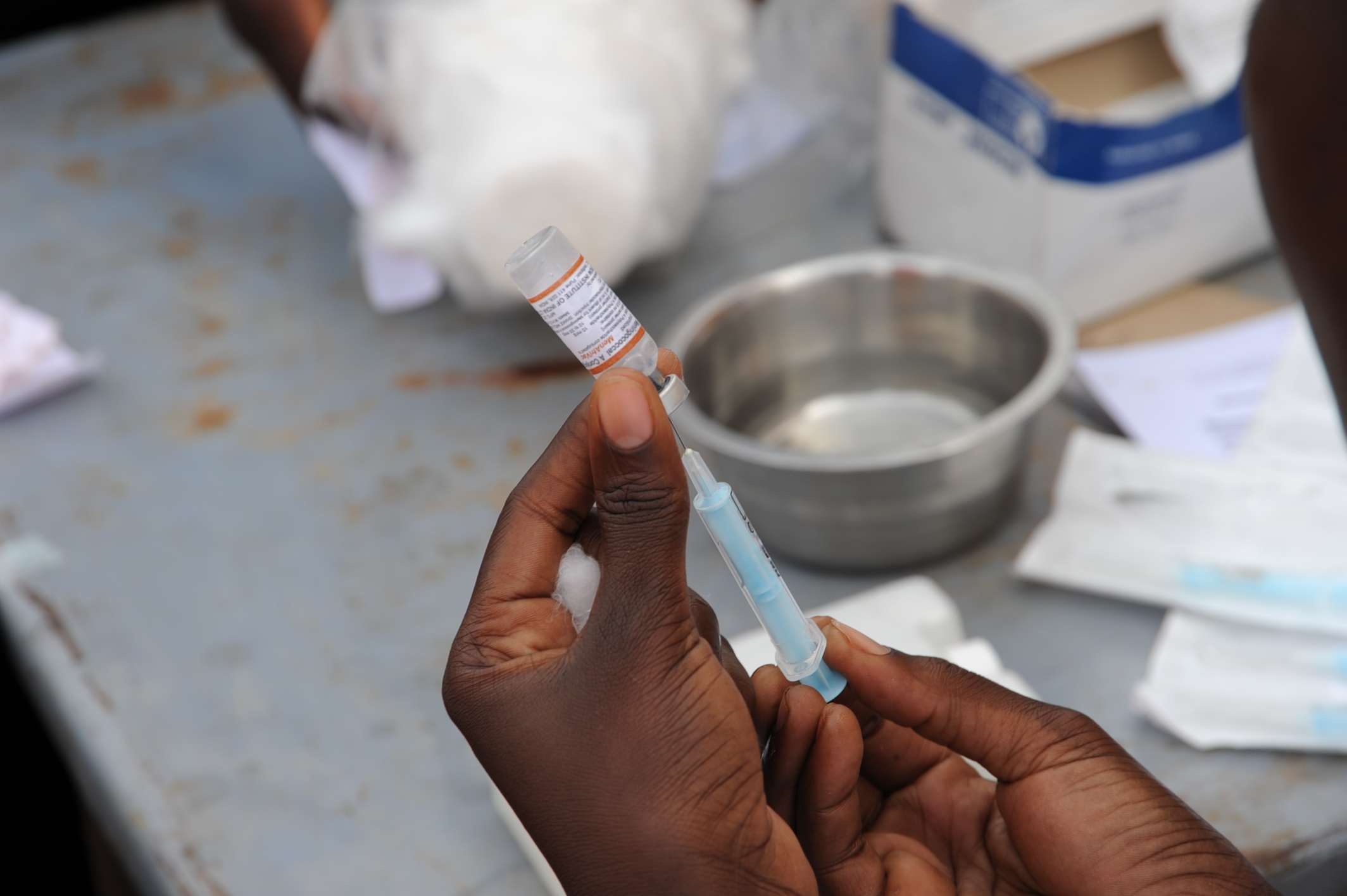On 15 February 2021, the International Commission of Jurists (ICJ) addressed the UN Committee on Economic, Social and Cultural Rights (CESCR) during the opening of its 69th Session.
Drawing the CESCR’s attention to States’ continued failure to make provisions to meet their obligations under the right to health, the ICJ highlighted States’ obligations to:
- Procure COVID-19 vaccines;
- Produce, publicize and implement comprehensive vaccine rollout plans;
- Ensure non-discriminatory access to vaccines to all people, including to undocumented persons;
- Cooperate with other States to ensure equitable vaccine access globally; and
- Ensure continued access to effective remedies, including judicial remedies, for human rights violations, including of the right to health.
ICJ Legal Adviser on Economic, Social and Cultural Rights, Timothy Fish Hodgson, said:
“Equitable access to COVID-19 vaccines is a right, not a privilege. States are obliged to plan transparently and clearly for the provision of vaccines. In doing so, they must be guided by human rights standards, including those relating to the right to health. Particularly at this time, it is imperative that Courts be accessible and operational to ensure the enforcement of this right.”
Applauding CESCR’s statements on COVID-19 in general and vaccine access in particular, the ICJ’s submission encourages the Committee to make full use of the Convention’s State reporting procedure to provide crucial and specific guidance to individual States on how best to ensure compliance with their Covenant obligations under the right to health in the context of COVID-19.
The ICJ’s submission provides alarming examples of various States’ failure to respect, protect and fulfil the right to health, including the refusal of some States to take steps to procure vaccines at all. Such States include Tanzania, Burundi, Eritrea and Madagascar.
Notable too is Israel’s explicit flouting of its obligation to ensure vaccine access to Palestinians living in the Occupied Palestinian Territories, and the policy decisions of countries such as Guatemala, El Salvador and Costa Rica to inhibit access to vaccines for migrants by requiring prohibitive documentary access as a precondition.
The ICJ’s submission also addresses the large divide between vaccine access in Global North and Global South countries. Some States, notably in the Global North, have procured enough doses to vaccinate their population several times over, while others, especially in the Global South, have not been able to begin the process because of limited availability and purchasing power. Despite these inequalities, many wealthier countries continue to ignore the recommendations of CESCR and the advice of a large range of UN Special Procedures by opposing a WTO intellectual property waiver which would assist in ensuring the affordability of vaccines for all States.
To read the full statement, click here: Universal-CESCR-Opening-Statement-2021-ENG
Contact
Timothy Fish Hodgson, Legal Adviser on Economic, Social and Cultural Rights, t: +27828719905, e: timothy.hodgson(a)icj.org
Tanveer Jeewa, Media and Legal Consultant, e: Tanveer.Jeewa(a)icj.org





